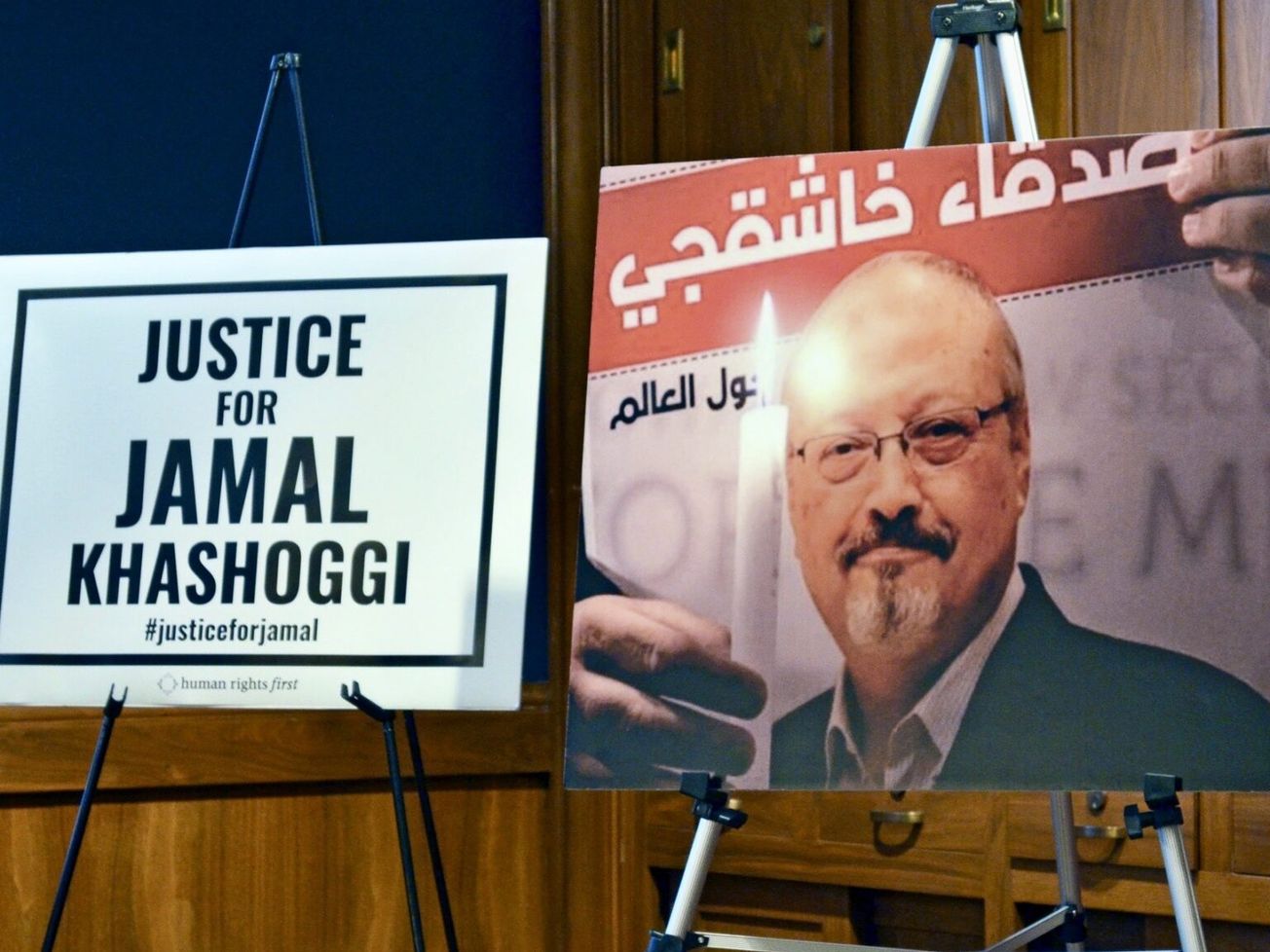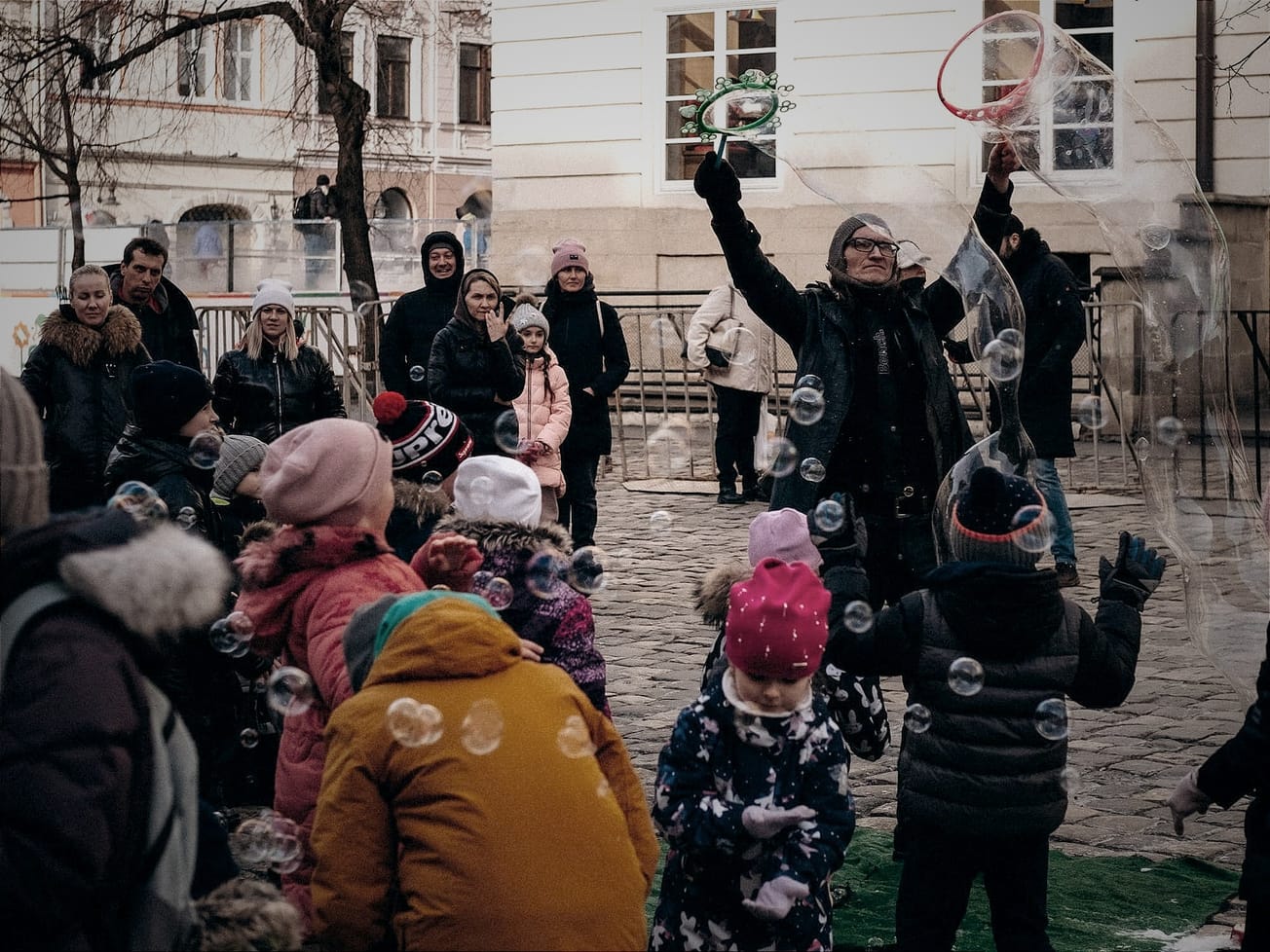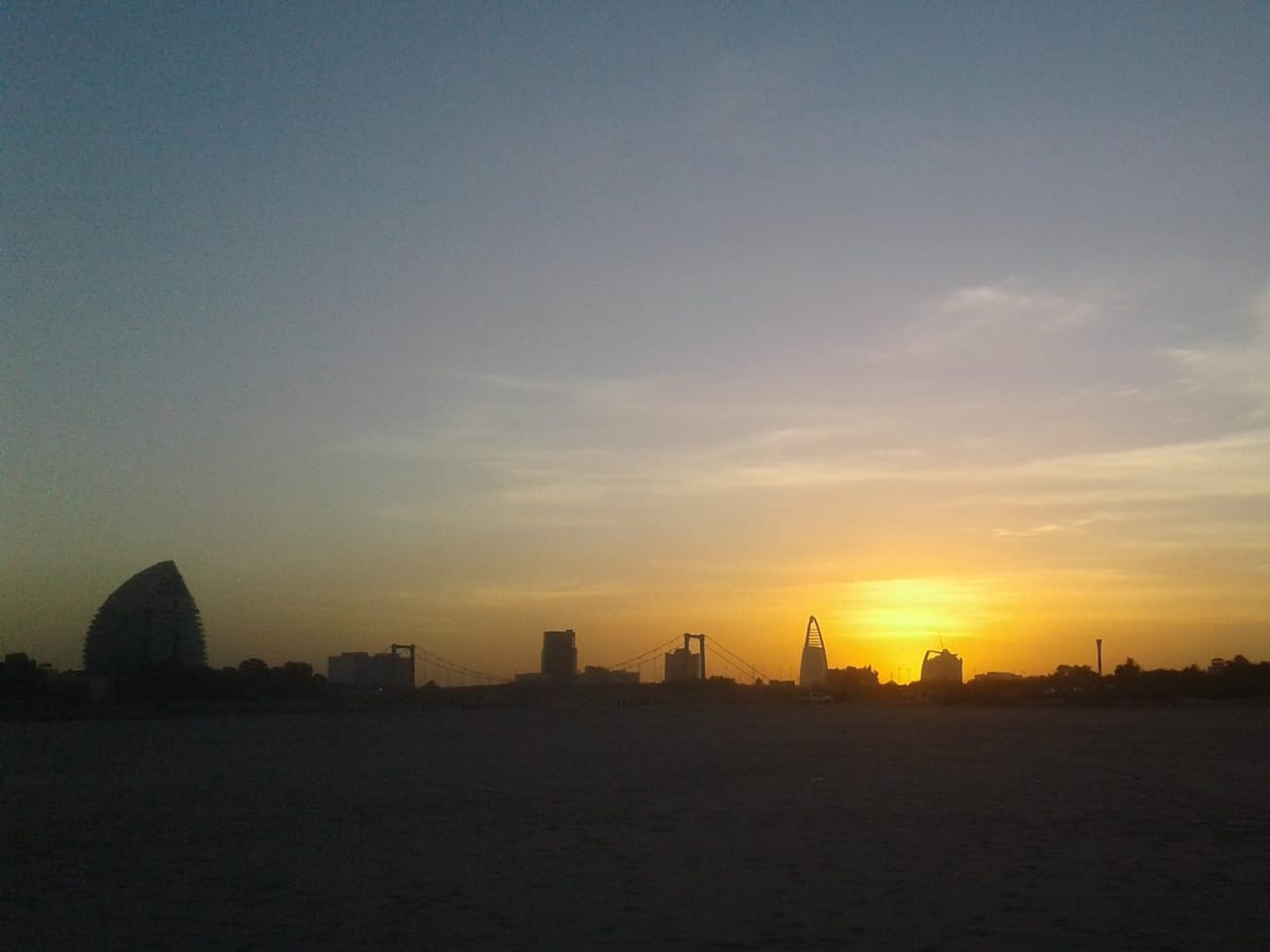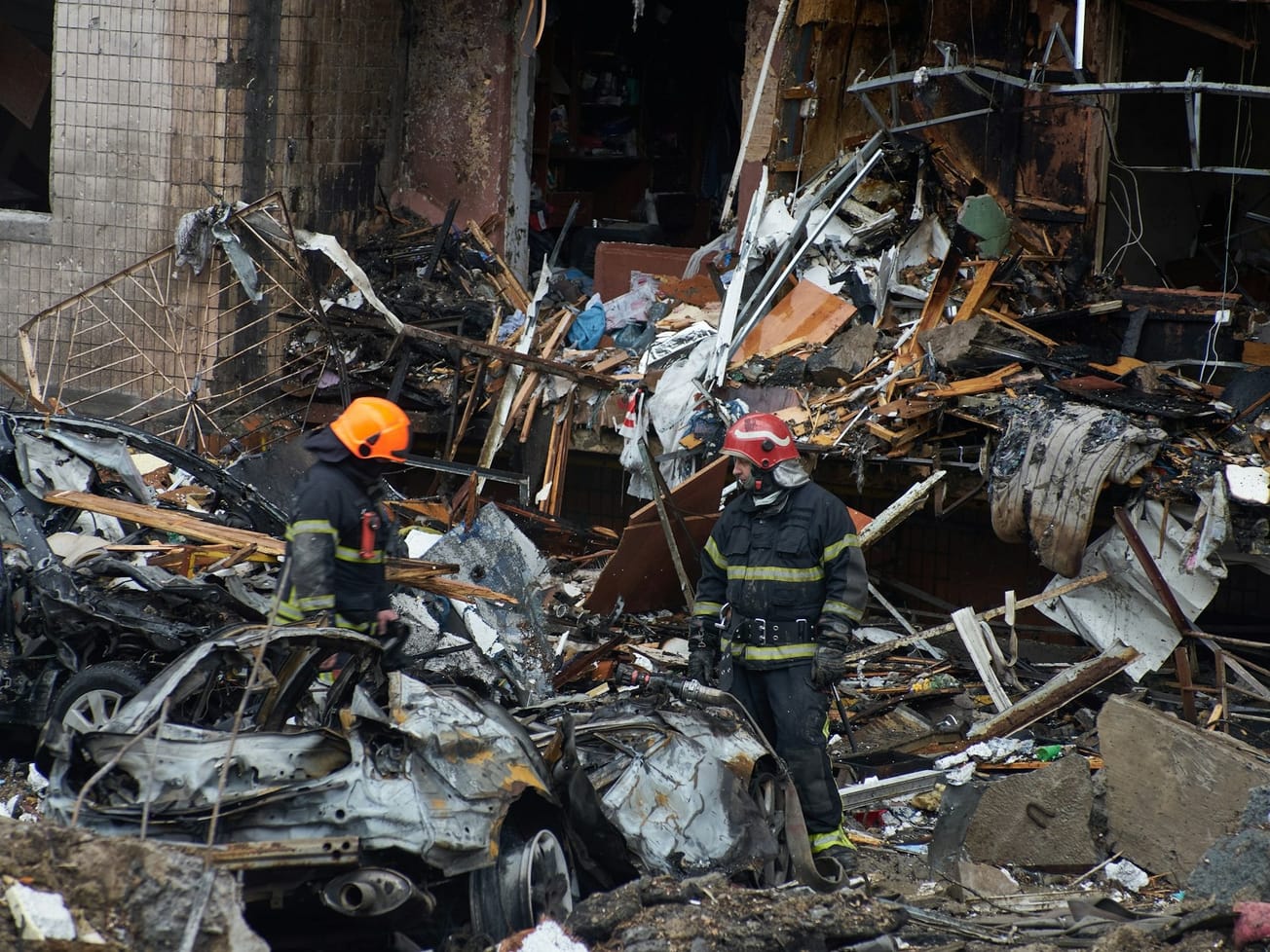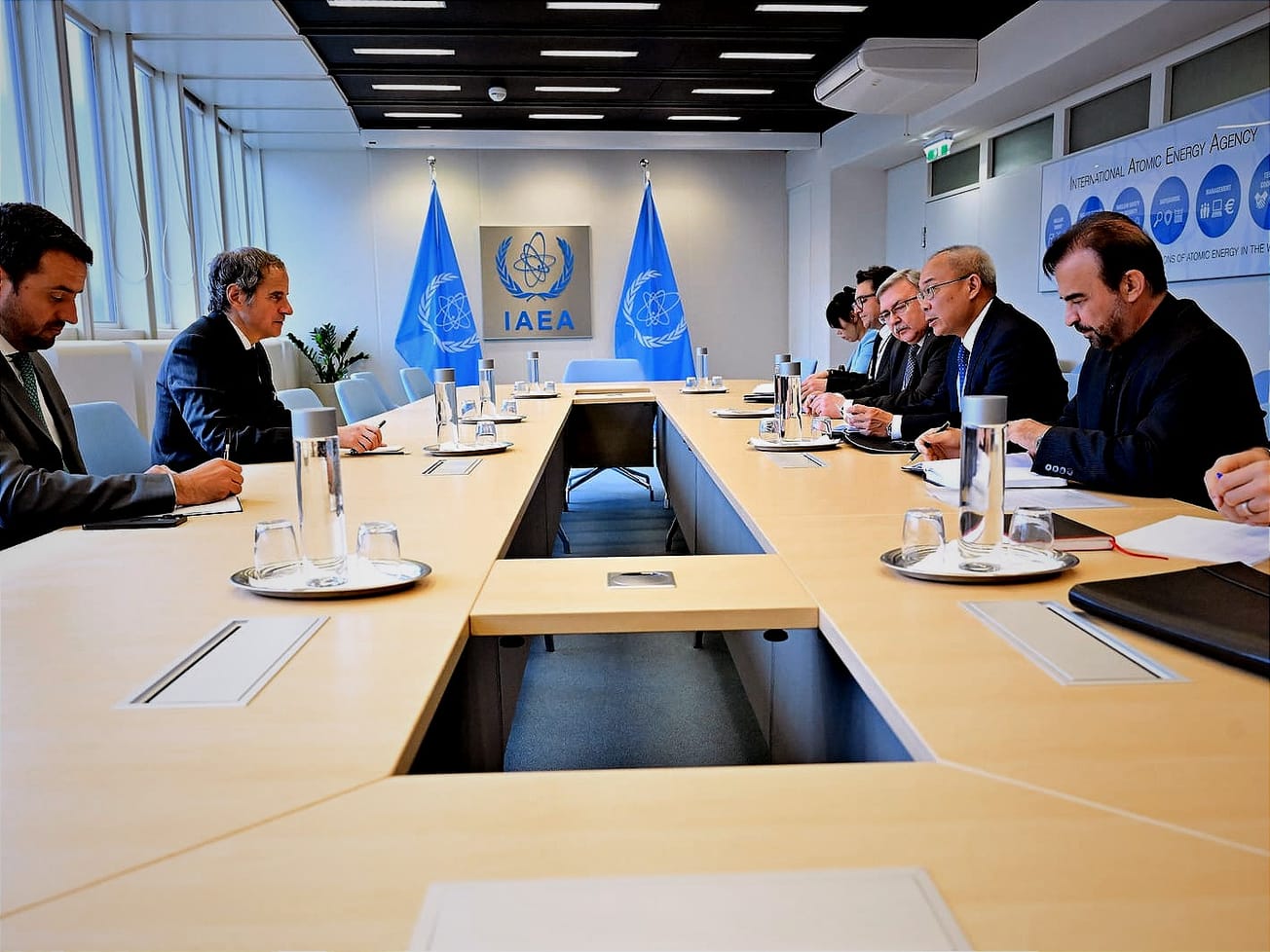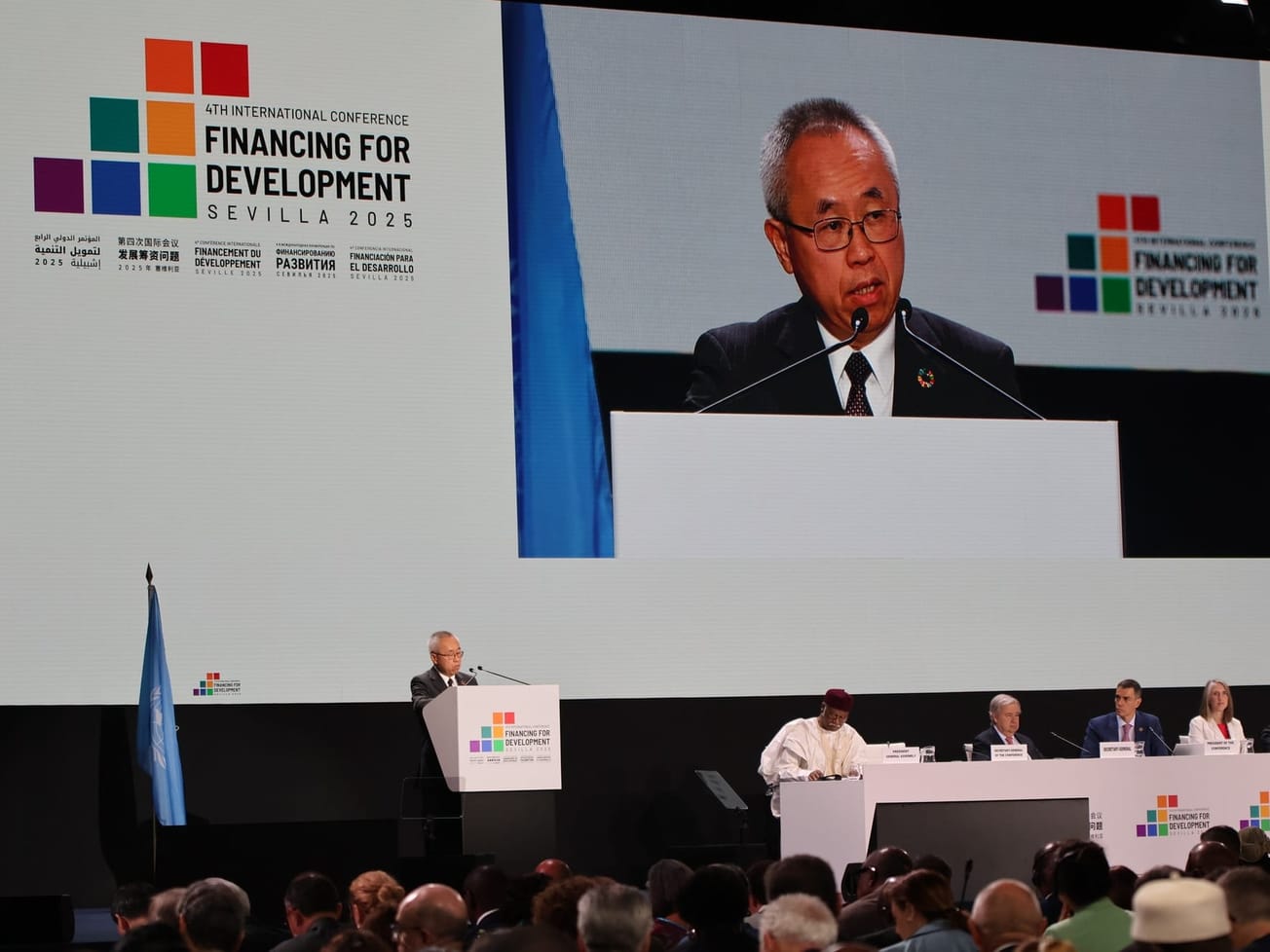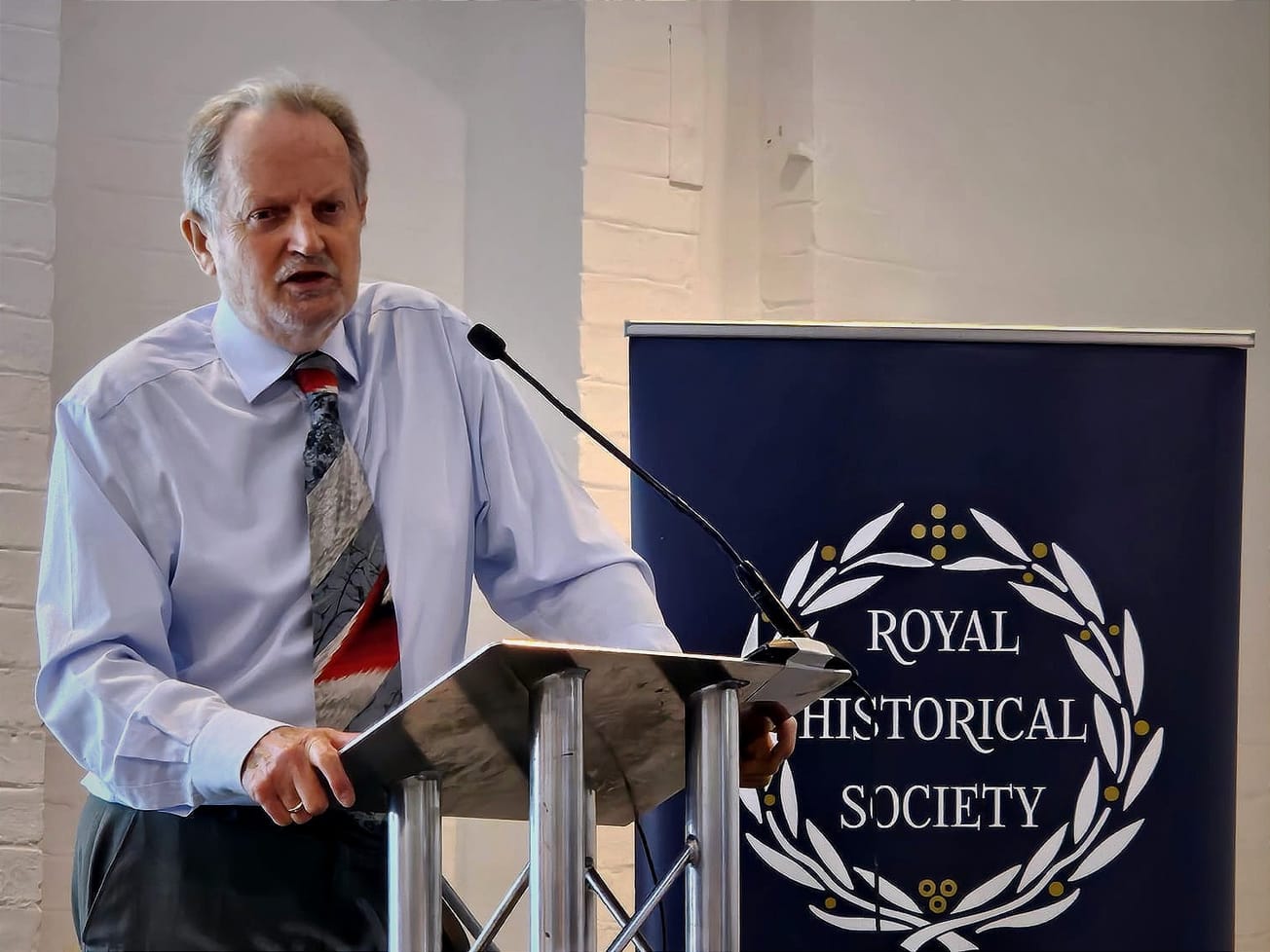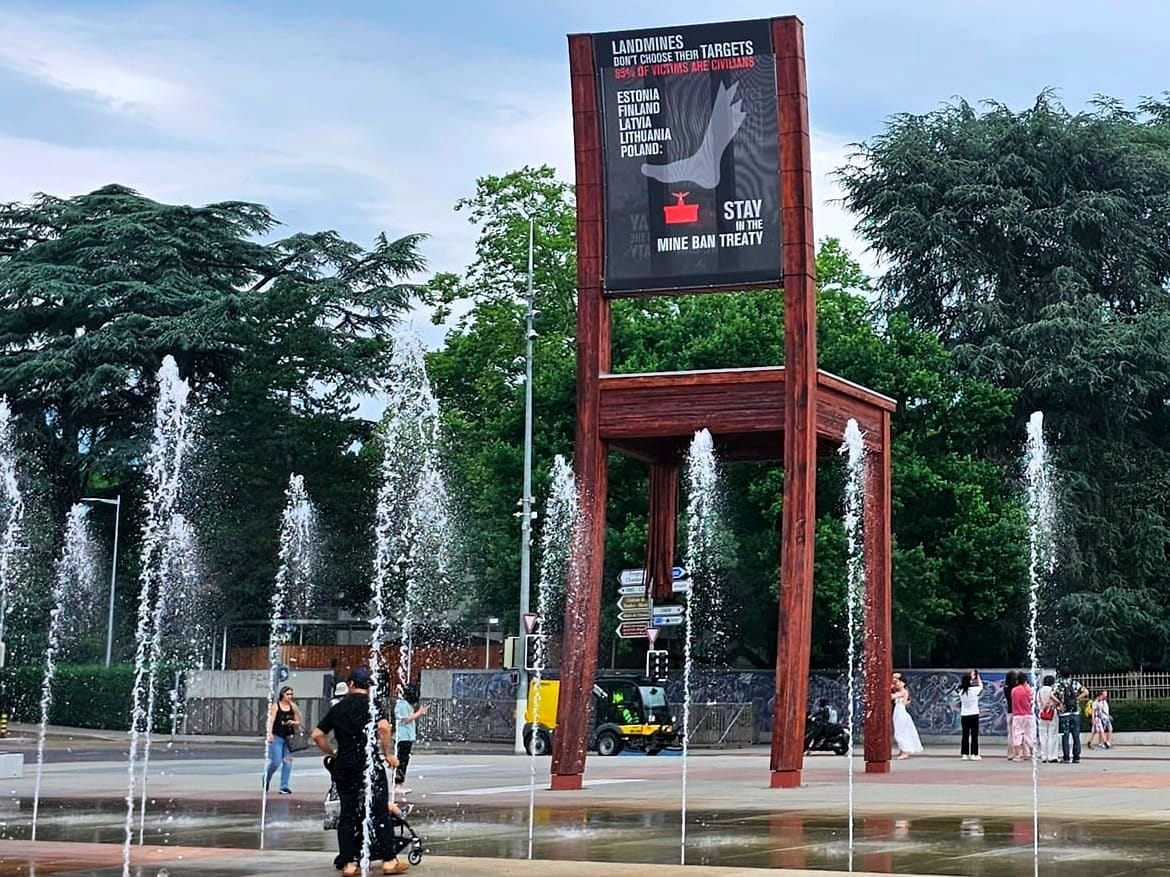A court in Saudi Arabia sentenced eight people to prison for their roles in the 2018 orchestrated killing of Saudi journalist Jamal Khashoggi, Saudi government-run Al Ekhbariya TV reported on Monday.
The Riyadh Criminal Court’s final verdicts against the unnamed defendants — five received the maximum 20-year prison sentences, one was handed 10 years and two others got seven years — came after a trial without public access or news coverage that human rights experts and organizations sharply criticized. Foreign diplomats could attend, but were commanded to say nothing about it.

